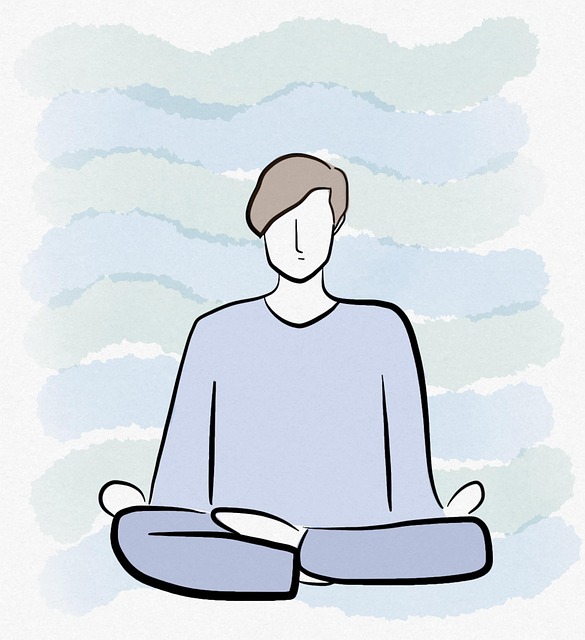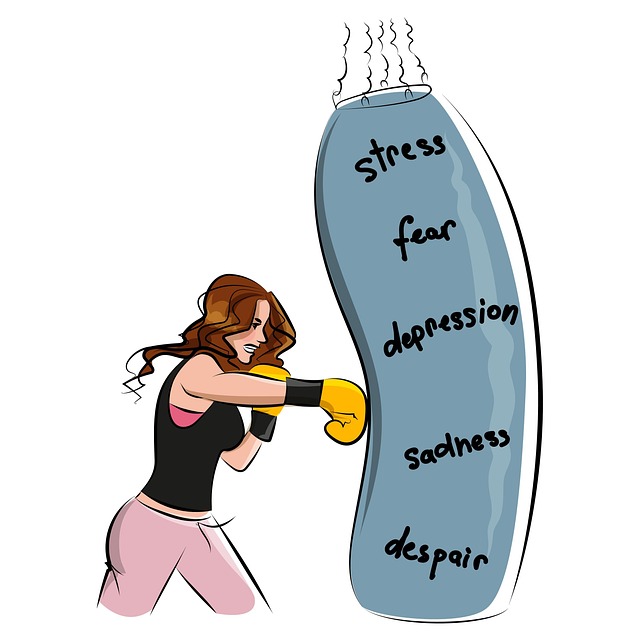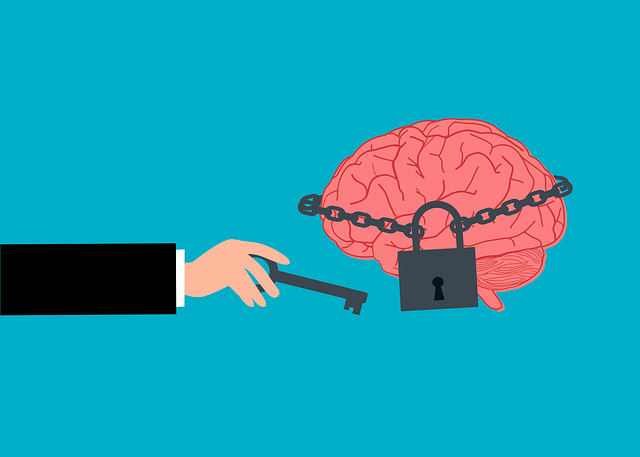Self-care is a powerful tool for managing Westminster Adjustment Disorder, promoting emotional well-being, and reducing anxiety and depression symptoms. Key practices include exercise, mindfulness, and positive thinking. Effective therapy emphasizes trigger recognition, coping mechanisms, and healthy habits like regular exercise and mindfulness. Daily self-care rituals, balanced with physical health and emotional intelligence, are crucial. Overcoming barriers to self-care through small, realistic goals is vital. Professional Westminster Adjustment Disorder Therapy provides tailored therapeutic approaches to improve self-care and lead happier lives.
Self-care is an essential aspect of maintaining good mental health, and for those dealing with conditions like the Westminster Adjustment Disorder (WAD), it can be a game-changer. This article explores the profound impact of self-care on mental wellness, offering insights tailored to individuals with WAD. We’ll guide you through understanding your personal needs, providing practical strategies for daily rituals, and overcoming barriers. Additionally, we’ll discuss the supportive role of professional therapy in enhancing self-care routines.
- Understanding Self-Care and Its Impact on Mental Health
- Identifying Personal Self-Care Needs: A Westminster Adjustment Disorder Perspective
- Practical Strategies for Incorporating Daily Self-Care Rituals
- Overcoming Barriers: Tips to Stay Committed to Self-Care Practices
- The Role of Professional Therapy in Enhancing Self-Care Routines
Understanding Self-Care and Its Impact on Mental Health

Self-care is a fundamental practice that involves attending to one’s physical, mental, and emotional needs. It’s about creating a healthy balance in daily life to promote overall well-being. Understanding self-care is crucial for improving mental health and managing conditions like Westminster Adjustment Disorder. By incorporating various self-care practices, individuals can significantly reduce symptoms of anxiety and depression while enhancing their ability to cope with stress.
Engaging in regular activities that nurture both mind and body, such as exercise, mindfulness, and positive thinking, plays a pivotal role in emotional well-being promotion techniques. These practices not only serve as effective depression prevention strategies but also empower individuals to actively manage their mental health. Through self-care, one can foster resilience, boost mood, and cultivate a sense of inner peace, ultimately leading to improved overall quality of life.
Identifying Personal Self-Care Needs: A Westminster Adjustment Disorder Perspective

Identifying personal self-care needs is a crucial step for individuals dealing with or recovering from mental health challenges like the Westminster Adjustment Disorder. This disorder, characterized by an individual’s inability to adjust after a significant change or stressor, often requires tailored self-care practices to manage symptoms and foster resilience. Understanding one’s unique triggers, coping mechanisms, and areas of distress is essential in this process.
Westminster Adjustment Disorder Therapy emphasizes the importance of recognizing both physical and emotional needs. This may involve adopting healthy habits such as regular exercise, mindfulness practices for anxiety relief, and effective communication strategies to manage stress. Community outreach program implementation can also play a significant role, offering support networks and resources tailored to individual self-care goals. By acknowledging these diverse aspects of self-care, individuals with Westminster Adjustment Disorder can actively contribute to their mental well-being.
Practical Strategies for Incorporating Daily Self-Care Rituals

Incorporating daily self-care rituals can seem daunting, but with practical strategies, it becomes a manageable and rewarding habit. Start by identifying activities that bring you joy and relaxation—this could be as simple as 15 minutes of meditation or a brisk walk in nature. Incorporate these moments into your routine, treating them as non-negotiable appointments with yourself. Consistency is key; aim for small, regular practices rather than sporadic, intense sessions.
Consider incorporating strategies that nurture both mind and body. Regular exercise, a balanced diet, and sufficient sleep form the foundation of good mental health. Additionally, engage in activities that foster emotional intelligence—reflecting on your feelings, practicing empathy, and maintaining open communication with loved ones. Remember, seeking professional guidance from therapists specializing in Westminster Adjustment Disorder Therapy can offer tailored crisis intervention and mental health education programs design to support your self-care journey.
Overcoming Barriers: Tips to Stay Committed to Self-Care Practices

Overcoming barriers to self-care is essential for maintaining mental well-being, especially for individuals dealing with conditions like Westminster Adjustment Disorder. While starting a self-care routine can seem daunting, small, consistent steps can lead to significant improvements. One effective strategy is to set realistic goals and start with simple practices that fit seamlessly into daily life, such as dedicated time for exercise or mindfulness meditation.
Public Awareness Campaigns Development plays a crucial role in encouraging individuals to prioritize self-care. By fostering open conversations about mental health, these campaigns can reduce the stigma surrounding self-care practices. Additionally, integrating stress reduction methods tailored to individual needs can make self-care more accessible and enjoyable. Mental Health Policy Analysis and Advocacy also contributes by ensuring that resources and support systems are in place to reinforce positive self-care habits.
The Role of Professional Therapy in Enhancing Self-Care Routines

Professional therapy plays a pivotal role in empowering individuals to enhance their self-care routines and lead more fulfilling lives. Through tailored therapeutic approaches, such as Westminster Adjustment Disorder Therapy, professionals offer valuable insights and tools to navigate emotional challenges. This process fosters self-awareness exercises that help individuals better understand their triggers and responses, enabling them to make conscious choices for their well-being.
Moreover, compassion cultivation practices and emotional well-being promotion techniques taught during therapy sessions equip clients with effective coping mechanisms. These practices not only promote resilience but also deepen the connection between mind and body, leading to holistic improvements in one’s self-care regimen. By integrating these therapeutic techniques into daily life, individuals can cultivate a more nurturing relationship with themselves, ultimately enhancing their overall quality of life.
Self-care is not a luxury but a necessity for maintaining mental well-being, as highlighted by research on the positive impact of practices like meditation and mindfulness. Understanding personal needs, especially in the context of a Westminster Adjustment Disorder, is crucial. By incorporating practical strategies into daily routines, individuals can enhance their resilience and overall happiness. Overcoming barriers requires commitment and tailored tips, while professional therapy acts as a powerful tool to optimize self-care routines. Remember that investing in yourself through consistent self-care practices is a game-changer for mental health.














